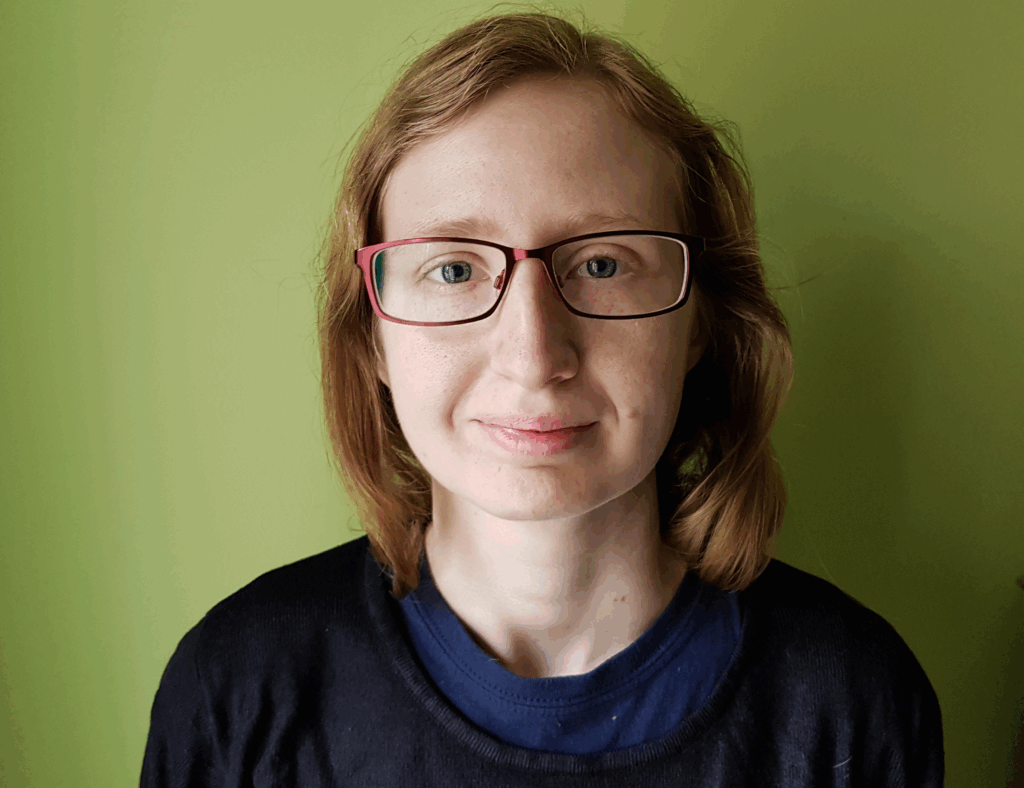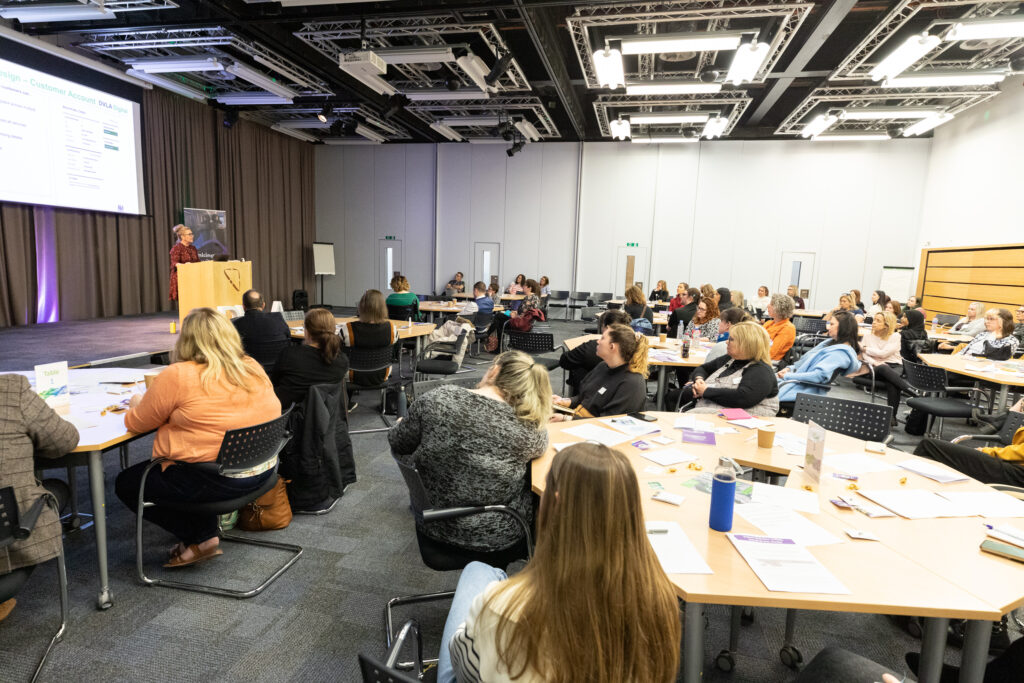From scientific research to software testing, Katherine Hooper’s career has been anything but conventional. As part of International Women in Engineering Day find out how a role as a Junior Software Development Engineer in Test (SDET) at DVLA provided the perfect blend for Katherine’s analytical mindset and passion for creating innovative solutions.
My journey wasn’t straightforward – it’s a story of resilience and discovering that sometimes the most rewarding paths are those you least expect.
What surprised me the most about becoming an SDET was the role itself. I hadn’t heard of the title before, and I didn’t know what it involved. I was so happy to land a job in tech, but I wanted to develop and create exciting things. I wasn’t sure if being a “tester” would provide me that opportunity, but I was wrong!
SDETs write so much code, building software and tools to improve quality across services, as well as automation tests that make a huge difference to the software development cycle. I discovered that SDET was the perfect role for me.

Katherine Hooper, Junior Software Development Engineer in Test
My career in research
Growing up, I was always fascinated by what things were made of and their properties. I studied Materials Science and Engineering at Swansea University and fell in love with research, before going on to do a PhD.
For 9 years, I worked as a postdoctoral researcher in solar cell scale-up and thermochemical heat storage. It was an interesting and varied role. I presented at international conferences, wrote papers, taught, and collaborated with academic institutions worldwide.
When my contract ended in 2023 due to project funding, I felt lost. Though I worried about being too specialised for roles in Swansea, I saw an opportunity to reevaluate my career.
Finding a new path
I began learning to code, which was something I was always interested in. I don’t know why I didn’t sooner! I started with Python because it’s beginner friendly. I did a Python course, sought career guidance and worked on my confidence.
Seeking a role that combined creativity with analysis where I’d get to make cool things, I attended a Women in Tech event at DVLA through the New Futures project. Inspired by talks about software development and career opportunities, I enrolled in Code First Girls’ courses, studying Structured Query Language (SQL) and cloud computing.
Just as I was beginning to lose hope, I was accepted onto Code First Girls’ 16-week bootcamp, CFGdegree. It was intensive but rewarding and I worked hard to learn about programming and full stack development.
In 2024, after an unsuccessful application to DVLA’s Graduate Software Engineer programme, I persevered and applied for Junior SDET. Despite doubting whether I met the requirements, I secured an interview and, to my surprise, I was successful.

A new career at DVLA
I started my role in June 2024 and was apprehensive about my lack of professional experience in this field. However, I felt extremely welcomed, received excellent support to adjust to the role and was paired with a senior SDET for training.
I attended team meetings, knowledge-sharing sessions and workshops for new SDETs, and spent my spare time learning Ruby. My previous learning journey prepared me well and helped me get up to speed with the role quickly.
There are many skills from my previous role which have been transferrable. Experimentation enables problem solving in new and creative ways, as well as iterating to continuously improve. When debugging and troubleshooting, my investigation skills are useful, and my research abilities translate well when looking up solutions. Quality control and standards are also very important in science because results have to be reproducible – this is also true in software testing. I wasn’t aware before I started, but like research, my career as an SDET involves continuous learning.
The most rewarding aspect of my role is knowing that we’re improving the quality of applications to deliver a better user experience, and I appreciate the synergy that exists between the Software Engineering and Quality Engineering departments.
Perseverance pays off
Resourcefulness, passion, and determination were crucial in changing careers. It meant finding available opportunities, seeking advice from relevant organisations, and sourcing learning materials, such as free courses and YouTube videos. My passion led me to immerse myself in the tech world and feel more connected to my desired career. Speaking to others who already made the transition also really helped.
It’s important to not give up. My journey was difficult, but I maintained faith in myself despite my setbacks. I’m excited to progress my new career at DVLA. I’d like to continue growing as an SDET, develop my software engineering skills and become a mentor to others starting out in their SDET career.
My journey taught me that the most rewarding paths often appear unexpectedly, and career changes are challenging but achievable.
If you’d like to pursue a career in digital, find out more about DVLA digital professions and check Civil Service Jobs for the latest career opportunities.




